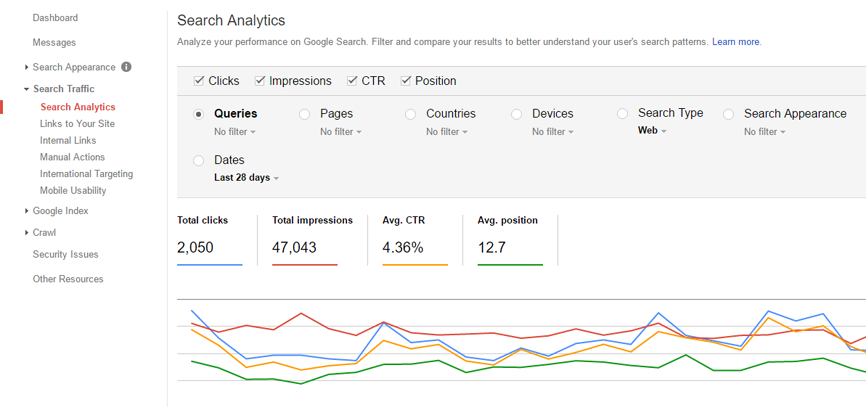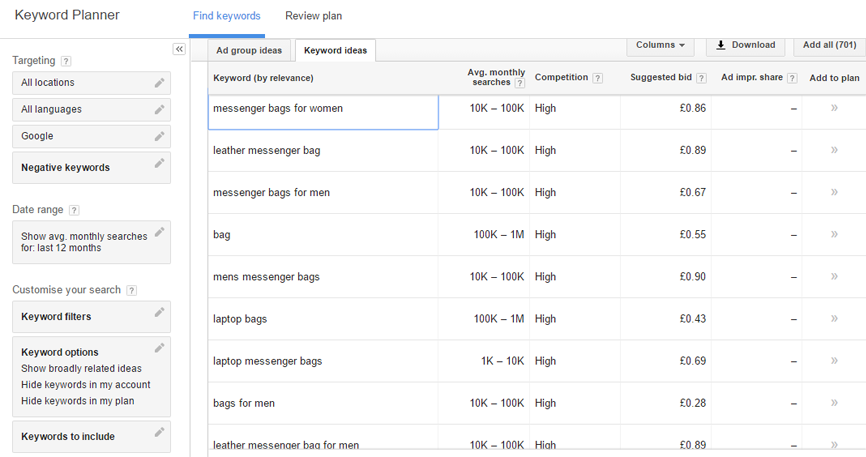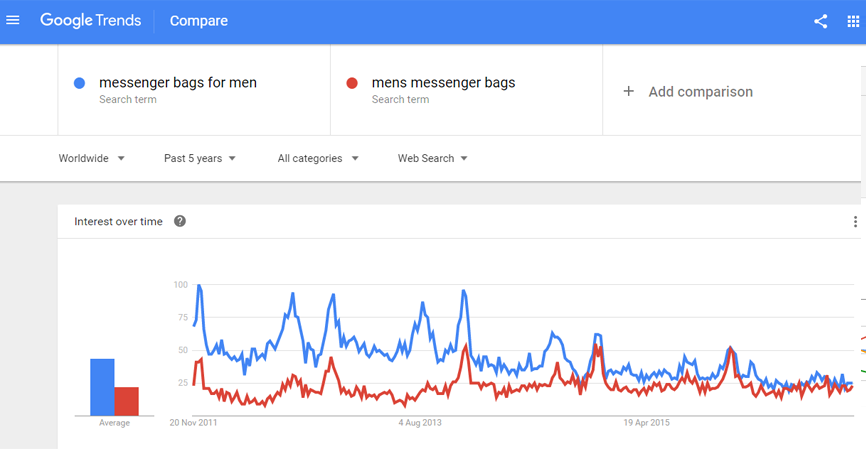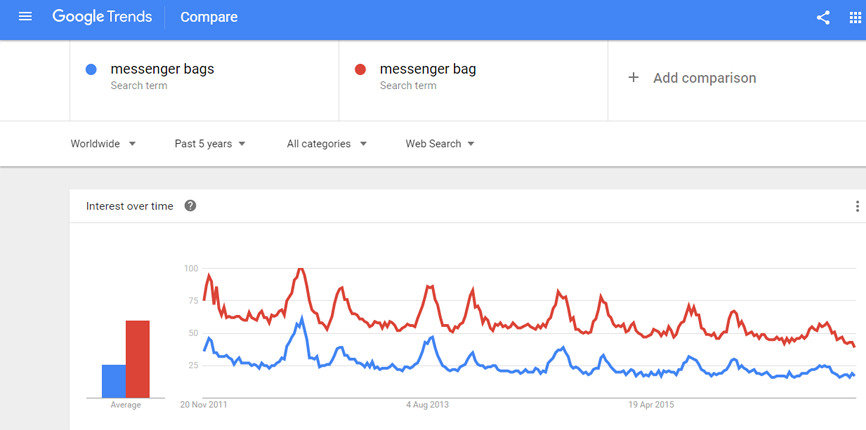Want more traffic? Better conversion rates? Higher search engine rankings? Then it’s time to focus on your keywords. The foundation of every successful SEO strategy is solid keyword research and in this post, we’ll explain what keyword research is and how to go about it effectively in order to improve your website’s performance.
What are keywords and why are they important?
Keywords or key phrases are the terms that people use when searching for things on the internet. They are important because when people search for a term, the search engine looks for web pages which have those words in their content and meta descriptions. The more relevant your website is for those key terms, the more likely you are to rank highly for them.
The benefit of this is not just more traffic but better traffic. In other words, the search engine is sending you potential customers, not just random visitors and, consequently, your conversion rates are likely to improve, too.
It is possible to rank for the wrong keywords. You could be getting lots of visitors to your page who are visiting for the wrong reasons simply because your pages are badly optimised. Good keyword research will help you ensure that you rank for the right terms to get more of the visitors that count.
What is keyword research?
To get the right visitors, you have to discover the keywords they use when searching the internet and make sure that you use these on your web pages. For example, if you are selling a bag and describe it as a cross-body bag when your customers are searching for a messenger bag, you won’t get many visitors. If you know what your customers are searching for and use those terms, then you are more likely to get better results. Keyword research is the process of discovering exactly what terms your customers are using to find your products and services.
How to do keyword research
The first step in the process is to make a list of all the keywords you want to rank for. You’ll need to know what products and services you are offering and then think of the terms people will use to find them when searching on the internet.
The second stage is to find out which keywords your site is currently being found for. You can do this through your Google Search Console account.

The Search Analytics section of your Search Console will give you a list of the search terms your website is ranking for. More importantly, it will also tell you, for each keyword listed, how many queries have been made, the position your site ranks at, the number of impressions your website receives and the click through rate. You may be surprised at some of the results and how they differ from the keywords you originally had in mind. Another essential tool is the Google Adwords Keyword Planner. By typing in your product or service, you can find out a list of the most searched-for terms used by people on Google. Below, we searched for messenger bags and Google provided a list of suggested keywords together with their average monthly search volumes over the past 12 months.
Using this tool, it is also possible to focus on specific locations, so if you only sold messenger bags in the UK, you could get a list of the keywords most used in the UK and their monthly search volumes.

The best way to compare keyword traffic over time is to use Google Trends. In the image below we have used Google Trends to compare two of the keywords suggested by the Keyword Planner, men’s messenger bags and messenger bags for men. Here are the results.

As you can see, messenger bags for men have been the most searched-for term over the last 5 years. However, its popularity has waned significantly and it is now not much different from men’s messenger bags. This would indicate that our imaginary bag company should try to rank for both these terms in order to drive as much traffic as possible in what looks like a shrinking market. Once you have undertaken your research, you should have a detailed list of the most important keywords you need to rank for, including longer key phrases or long-tail keywords.
The next stage is to prioritise these for your optimisation by asking which are the most important keywords for your business. From here, you should begin creating or updating the content of your website by adding these keywords to the relevant pages. For optimum impact, you should aim to include them in your:
- Page or post titles
- In your opening paragraph
- H2 subheadings
- Throughout your page’s content (don’t over optimise)
- In meta descriptions
One way to help you achieve success is to create separate landing pages for each of the main keywords you want to rank for. Our made-up bag company, therefore, could have two messenger bag landing pages, one focusing on the keyword men’s messenger bags and the other on messenger bags for men.
Keyword mistakes you should avoid
Before choosing your keywords, do take into account your competition. If you are a new company selling iPhones, for example, it’s unlikely that you are ever going to get on page 1 of Google for the term iPhone 7. There’s no way Google is going to rank you higher than well-established companies like Apple, Carphone Warehouse or EE. Instead, you need to think of more long tail keywords which might help you rank better, e.g. cheapest UK iPhone 7 contracts.
Another mistake many companies make is not getting it right when it comes to plural and singular keyword terms. As you can see in the image below, the term messenger bag is searched for far more frequently than messenger bags. A simple change from plural to singular in your SEO could double the amount of traffic you receive.

Geography can also have an impact on your choice of keywords and this needs to be considered. For example, the most popular keyword for a training shoe is sneaker. However, if you are selling only to the UK and use this term, you’re unlikely to get any UK traffic. In the UK, trainer is the predominant term used. Make sure, when doing keyword research, that you use the right keywords for the location in which you sell. If you sell training shoes globally, then have two landing pages, one focused on sneakers and the other on trainers.
The final mistake that companies make is not to measure the impact of their keyword strategy. You should use the Google Analytics and Google Search Console to see if the new keywords you are using are having an impact on your traffic and conversion rates. At the same time, you need to keep an eye on how user behaviour changes. Keywords which are being used today might not be used tomorrow Google Trends and the Keyword Planner can help you with this.
Conclusion
Keyword research is the cornerstone of successful on-page SEO. Making sure you use the same terms as those being used by your potential customers is vital to ensure you rank higher for relevant searches. This will help increase the number of people who click through and, because the page is relevant to them, will increase conversion rates.
If you run a business website and think you can benefit from a web hosting company that fully understands the importance of SEO, then check out our range of affordable business hosting packages.


